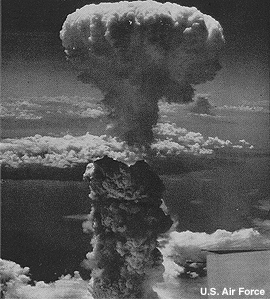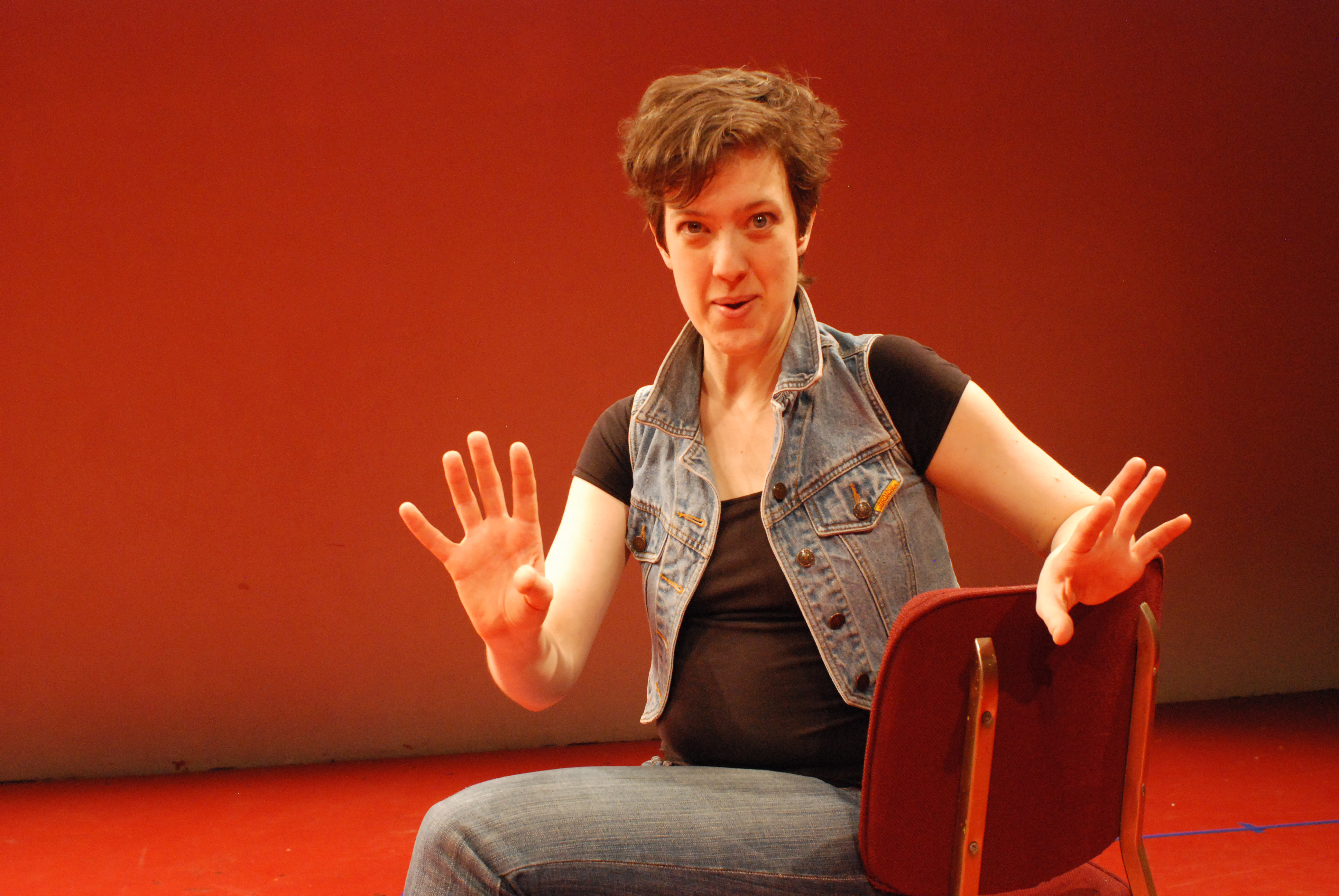One day, the sentence came to me: "No one has talked to me in eleven years." I had this image of a world in which all teenagers have ceased to interact with each other face-to-face at all, where it would be possible to move through all of one's years of school without a human voice, where everyone has shifted to only needing their phones, and nothing else.
It was an outlandish idea, and I discarded it for a couple of years. How ridiculous to think that we will ever reach a time when people do not crave the basic human interactions of laughing together, kissing each other, looking each other in the eye, touching a hand or a shoulder. Yes, teenagers are obsessed right now with Twitter, Instagram, Facebook, HeartChat. That doesn't mean their phones will take over their lives completely.
Unless we help make it happen. Last Friday, I sat through the annual proctor training for the state tests. For the past several years, I've been administering state tests to my students each spring, dutifully reading the directions, keeping time, pacing around and around the room while my students sit in desks in straight rows and fill in bubbles on scan-tron forms. Every principal for whom I've worked has emphasized the seriousness of the tests, the way our students' performance will affect the school's funding and status in the state. Each year, the stakes have gotten higher. Administrators stand at the entrance to the secure room that holds the boxes of tests and signs each box out to each teacher; we're instructed never to look at the tests students are taking; we're required to bring the tests back alphabetized on the penalty of a note in our files. The ring of a student's cellphone will invalidate all the tests in that room; a test given in the incorrect order will also invalidate all the tests for that room and jeopardize the overall performance of the school. This is unbelievably serious.
For the first time this year, the state of Colorado will administer computer-based tests, the PARRC tests created and sold by the Pearson Corporation. Although twenty-four states originally signed up to administer these tests, parent lawsuits, financial constraints, and other considerations have dropped the number to ten plus Washington, D.C. Because Colorado is helping pilot the tests this year, our student scores will not count at all. The idea is that states could all administer the same test across the country, to see if students are actually meeting Common Core standards, or if each state's standards are relative. I've never believed in the worth of these standardized tests, as they rarely test what my students know or how they know it, and they take away weeks of academic content time. However, the computer-based tests are taking all of this to a new low -- and they're compounding the problem of a society overly dependent on their devices.
These are actual words and phrases from our training last week:
*"It is an option to have a human reader."
*"Scratch paper is not secure."
*"The test monitors must be state-sanctioned."
*"Teachers should be in a position to see students working, not students' work."
*"Teachers should use proximity to keep students on task."
*"Ensure a standardized testing environment."
*"Proctors should erase the seal code once the test is underway and only provide current seal code."
*"A misadministration of the test includes systematic unethical behavior."
*"Watch for a breach of secure test materials."
*"In these virtual groupings of students. . ."
*"The administrator will ensure the chain of custody of the tests. . ."
I'm frightened. At the risk of sounding like an alarmist, a conspiracy-theorist, a science-fiction writer, I'll say this: if we continue to place our children (from third grade and up) into these secure, contained, completely computerized environments, and we allow an unchecked dependence on devices during their free time, we will see a dramatic shift in the ways our children think, imagine, feel, and interact. No one other than the designated proctor (me) is allowed to be with them in the testing room, so I cannot invite you into my classroom to witness the way a testing session looks -- my twelve- and thirteen-year-olds dutifully sitting in straight rows with their Number 2 pencils poised, bubbling circles, silent for two hours when they are never silent, docile when they are never docile. Now they'll be on computers, and we are not allowed to say anything but "Keep working," even if their computer is malfunctioning. The human teacher becomes a mere monitor of a room of children interacting with a computerized tool the human teacher is prohibited from seeing because that violates the test's security.
We should all be frightened.
People write science fiction as a warning. This is what could happen if. . . But the deeper and deeper I move into the future I'm imagining in my fiction, the more frightened I am of the present. What are we doing? People in the corporate world shrug at teachers' passionate vitriol about standardized testing and say the tests are a way to guarantee quality. Advocates for Common Core say it's a logical way to ensure high standards across states and communities. I've made those arguments before, too. Except I've lost faith in the tests as utilitarian tools for learning, and have begun to see them for what they are: punitive tools attached to money that finances corporations, long bureaucratic hours that only increase students' alienation at school and add nothing to their learning.
I'm moving forward on the science fiction manuscript again, but sometimes I have to pause -- blink -- tell myself we're not in that world yet. It's still February, and I'm teaching my students about the Holocaust, exploring personal narratives, interviewing survivors, examining primary source photographs. I want them to think for themselves, not as part of a machine. Only that kind of creative, critical thinking will save us from repeating the history my student Forrest, a 7th grader, captured in this cartoon he doodled in his notebook last week.
I can still be a human teacher, encouraging our "no cell phones" policy in spite of the eye rolls, forcing them to look each other in the eye and talk about the human truths of history.
I will do this until I am notified that my methods are not state-sanctioned, not secure, a breach of the system.
Yikes. Lately, it's been too easy to imagine a dystopian world in a which a child really could go years without hearing a human voice or making eye contact with another human's eyes. . .











.JPG)
